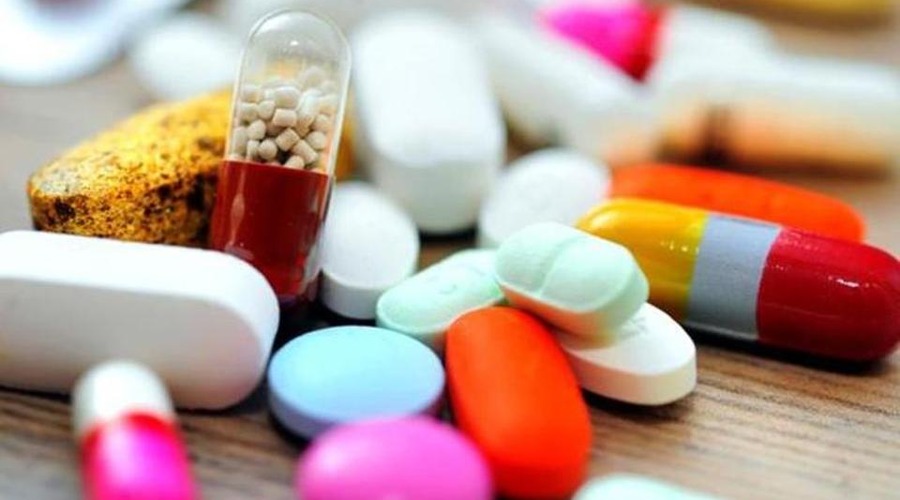
The counterfeit drug market is thriving. Given the size of the medicine industry and the sheer number of medicinal products that are made, it has become relatively easy for scammers to take advantage of this situation and sell fake drugs for massive profits. This is a cause for major concern as such products can easily cause a wide variety of problems to a person’s health. For this reason, researchers from Purdue University have come up with a unique yet effective solution.
Since scammers have been able to easily fool people by making them believe that their product is legitimate, the researchers wanted to find a way to clearly help a customer understand whether a given medicine was fake or not. So with this in mind, the researchers essentially created a tagging mechanism to help differentiate between original and duplicate products.
This security tag was made to be edible and was embedded into the medicine. More importantly, this method was fool-proof as a counterfeiter would have to uncrack a complicated puzzle of patterns that are not visible to the naked eye rendering medicines with such tags almost impossible to duplicate.
These tags are unique and act as digital fingerprints for each drug capsule or tablet. This level of security was achieved through a new authentication technique called physical unclonable functions or “PUF” in short. Having been developed initially for the purpose of information and hardware security, this method has the ability to produce a different response for every time that they are stimulated. And since this makes them extremely unpredictable, even the manufacturer wouldn’t be able to duplicate an identical PUF tag.
Made of a thin transparent layer of genetically fused silk proteins and fluorescent proteins, the edible PUF tag is the first of its kind. Additionally, upon illumination using an LED light source, the fluorescent silk particles get excited and produce different patterns.
Using this property, digital bits can be extracted from such images to generate a security key. This security key can subsequently be used to identify whether a drug is authentic or not. The researchers are even working on converting this process into a smartphone app that can be used by pharmacies and consumers. Moreover, with the tag’s capacity to store additional information they can even be extended to include other vital information such as a medicine’s dosage or expiry date.
The fake medicine business makes up a whopping 10% of the global pharmaceutical commerce. With such a big influence over the medicine market, counterfeit drugs have gone to wreak havoc in the lives of uncountable number of individuals. But now, thanks to the Purdue researchers’ new technique, the tyranny of these duplicate products can be significantly cut down. As products with PUF tags start to hit the shelves of more and more pharmacies across the world, there is no doubt that the troubles caused due to illegitimate drugs will soon become a thing of the past.
